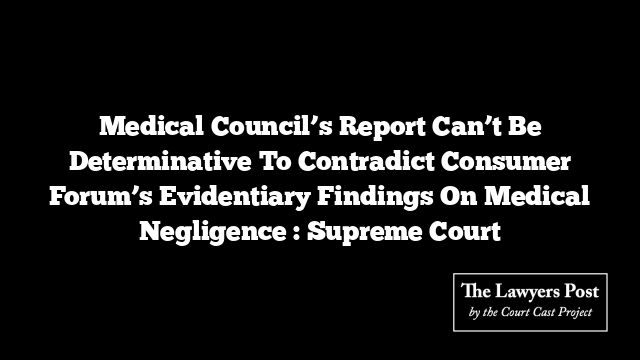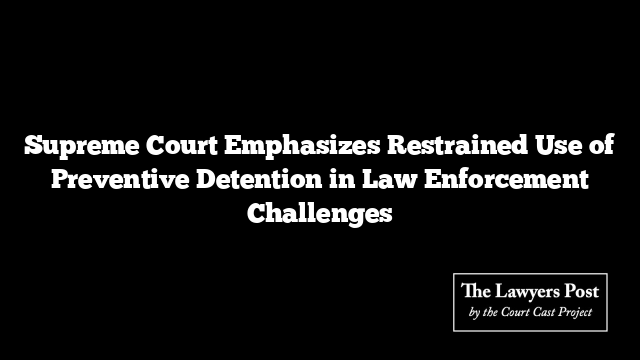In a recent judgment, the Supreme Court of India established comprehensive guidelines aimed at safeguarding the rights and dignities of individuals in intimate relationships, particularly addressing the needs of LGBTQ+ individuals, interfaith, and inter-caste couples. The decision, presided over by Chief Justice of India DY Chandrachud, along with Justices JB Pardiwala and Manoj Misra, mandates courts across the nation to adhere strictly to these directives, emphasizing the avoidance of moral judgments on the nature of relationships.
The ruling, derived from the case Devu G Nair vs. The State of Kerala & Ors, emphasizes the judiciary’s role in upholding the fundamental freedoms of individuals, stressing the importance of immediate protection for vulnerable couples before requiring proof of threats. This directive comes in response to increasing instances of familial and societal interference in personal relationships, highlighted by the illegal detention of a woman’s lesbian partner by her parents, which was brought before the court.
Guidelines Overview
The guidelines issued can be summarized in several key areas of focus:
- Priority Handling and Evaluation of Petitions: The Supreme Court mandates that habeas corpus petitions and requests for protection should be prioritized in judicial proceedings, without unnecessary delays. The locus standi of the partner or friend involved should not prompt invasive inquiries into the relationship’s nature.
- Creating a Conducive Environment for Testimony: Courts are instructed to create a supportive environment for individuals to freely express their will, ensuring privacy and safety through in-camera proceedings and excluding any possible influences from detainees or families.
- Respecting Individual Identities: The Court underscores the importance of respecting the detained or missing individual’s preferred name and pronouns, ensuring their comfort and ability to express their wishes without bias or influence.
- Immediate Release Upon Request: If an individual expresses a desire not to return to their detainer or natal family, their immediate release is mandated.
- Prohibition of Counseling for Changing Sexual Orientation or Gender Identity: The guidelines explicitly forbid any attempts to ‘counsel’ individuals towards changing their sexual orientation or gender identity, marking a significant move towards respecting personal freedoms and identities.
- Ad-interim Measures for Protection: Before establishing the existence of grave threats, courts must provide interim measures such as police protection to petitioners from marginalized groups, acknowledging the unique vulnerabilities they face.
Table: Summary of Supreme Court Guidelines for Protection of Couples
| Guideline Number | Directive | Key Points |
|---|---|---|
| 1 | Priority Handling | Fast-track hearing and decision-making for protection petitions. |
| 2 | Conducive Testimony Environment | In-camera proceedings and privacy for individuals. |
| 3 | Respect for Identities | Acknowledge preferred names and pronouns. |
| 4 | Immediate Release | Release individuals upon their request, without delay. |
| 5 | Prohibition of Change-oriented Counseling | Ban on counseling aimed at altering sexual orientation or gender identity. |
| 6 | Ad-interim Measures | Provide immediate protection measures before confirming threats. |
Legal and Social Implications
This judgment not only reinforces the judiciary’s commitment to safeguarding personal freedoms and rights but also signals a progressive shift towards recognizing and protecting the dignity and safety of individuals in non-conventional relationships. The Supreme Court’s directives serve as a mandatory framework for lower courts, aiming to eliminate bias, ensure fairness, and foster a respectful legal environment for all individuals, irrespective of their relationship dynamics.
The representation of the petitioner by Advocate Sriram P and the respondents by Advocates Nishe Rajen Shonker, Anu K Joy, Alim Anvar; Sayooj Mohandas M, S Jyotiranjan, and Sandeep Singh underscores the legal community’s diverse engagement with this landmark judgment.
As India continues to navigate the complex interplay between traditional values and modern freedoms, this ruling stands as a critical milestone in the ongoing journey towards equality, respect, and protection for all citizens, regardless of their personal choices or identities.





